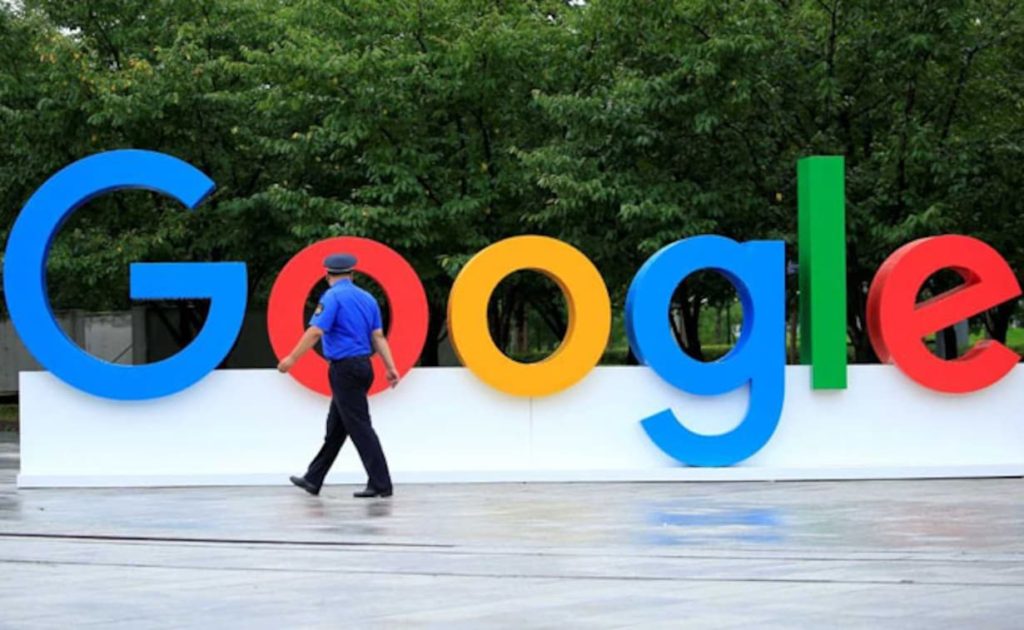|
Getting your Trinity Audio player ready...
|
Google is rolling out a new alternative sign-in method for apps and websites that could mark the end of traditional passwords. The feature, called passkeys, allows users to access their accounts with a fingerprint, face scan, or screen lock PIN, instead of a password. The new sign-in method is expected to be both easier to use and more secure than traditional passwords, according to Google.
The FIDO Alliance, a security consortium that counts many tech firms as members, previously developed standards for passkeys. Since then, tech giants including Apple, Microsoft, and Google have been working to make passkeys a reality.
Apple rolled out its passkey option with the release of iOS 16, allowing people to use the technology across apps, including Apple Wallet. Google first rolled out passkey support on Chrome and Android devices in October 2022, but now the option is available across Google accounts, from Gmail to Drive.
Passwords have long been a point of vulnerability for many people, who are notoriously bad at picking secure passwords. Even when users add special characters or alphanumeric combinations to their passwords, they often don’t provide sufficient protection against bad actors. Passkeys, on the other hand, are widely seen as more secure than traditional passwords, with Google calling them “resistant to online attacks like phishing”.
In addition to offering better security, passkeys could also make the sign-in process faster and more convenient for users. With passkeys, users can access their accounts in the same way they might unlock their phones. As such, the feature is expected to be especially appealing to users who are frustrated by the need to remember multiple complex passwords.
The roll-out of passkeys is part of a larger trend towards alternative authentication methods that are more secure than passwords. As more and more people use the internet and online services, the need for more secure authentication methods has become increasingly urgent. In recent years, tech companies have rolled out a range of alternative authentication methods, including biometrics and two-factor authentication, to help users better protect their accounts from malicious actors.
The implementation of passkeys on Google accounts is expected to provide users with greater convenience and security, while also encouraging the adoption of more secure authentication methods across the internet.
Additionally, users will not need to remember complex passwords for multiple accounts, which is often a frustrating experience. Instead, they can use the same passkey across all websites and apps that support the technology.
While Google is touting passkeys as a more secure alternative to traditional passwords, it’s important to note that nothing is 100% secure. Passkeys can also be stolen, and users must still be vigilant about protecting their devices and not sharing their passkeys with anyone.
Still, the move towards passkeys is a step towards more secure online authentication, and could eventually lead to the end of the traditional password. Google has previously stated that it plans to phase out passwords entirely in favor of more secure options like passkeys.
The rollout of passkeys on Google accounts is part of a larger trend towards stronger online security measures, as the threat of cyber attacks continues to grow. In recent years, there have been several high-profile data breaches that have compromised the personal information of millions of users.
With passkeys, Google is taking a proactive approach to online security, giving users an easier and more secure way to access their accounts. As the technology becomes more widespread and more websites and apps adopt it, it’s possible that the days of the traditional password may be numbered.



